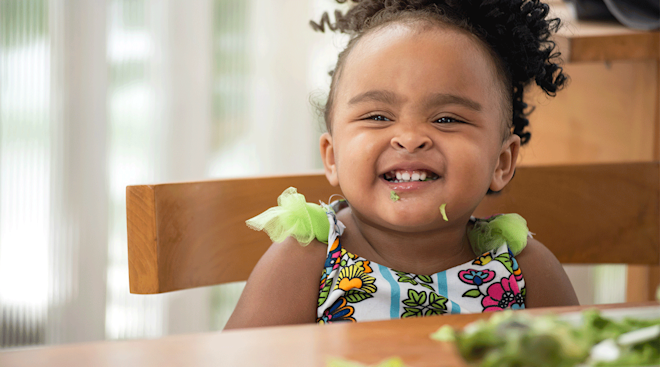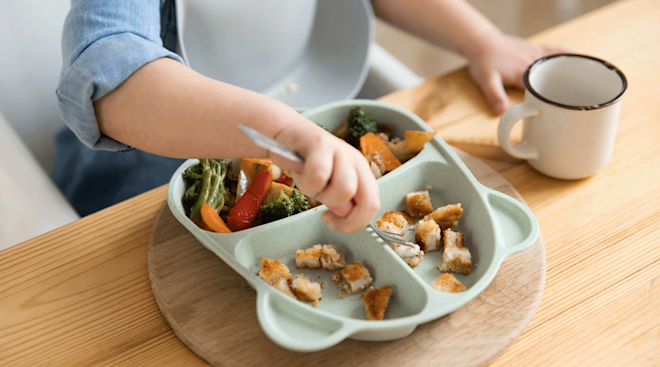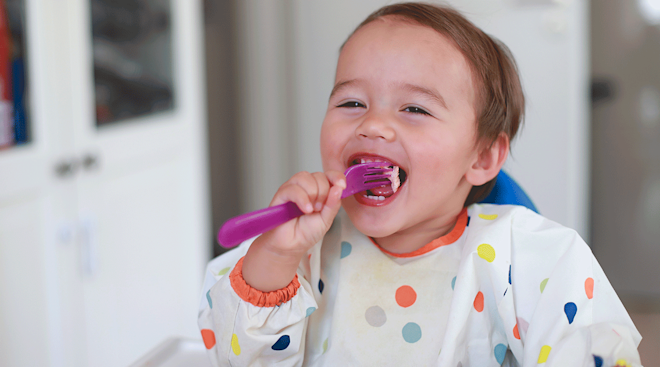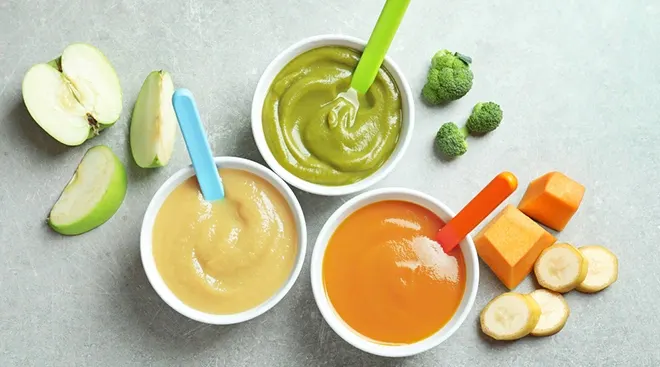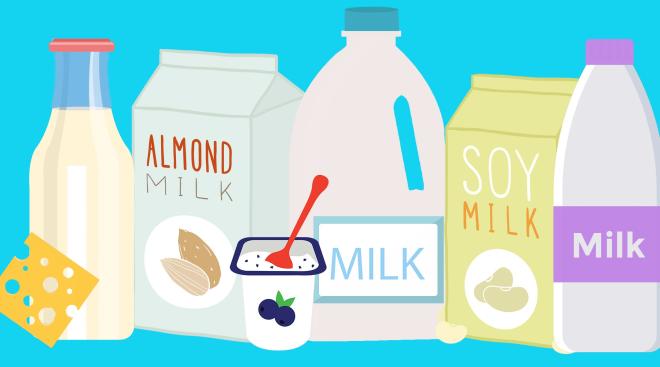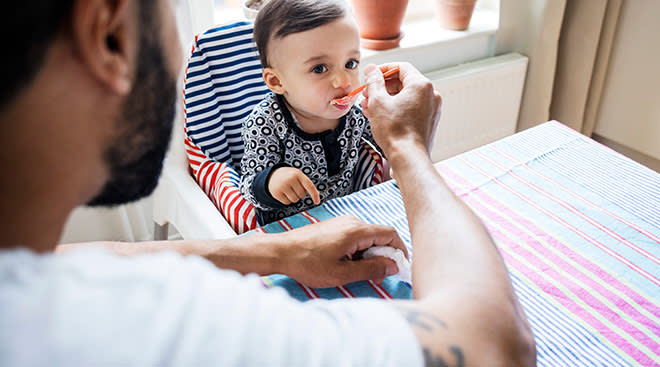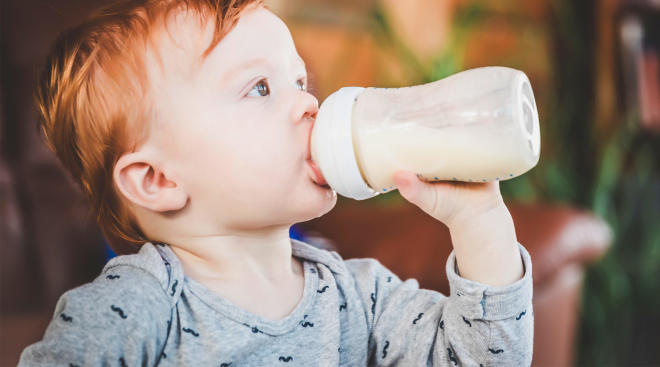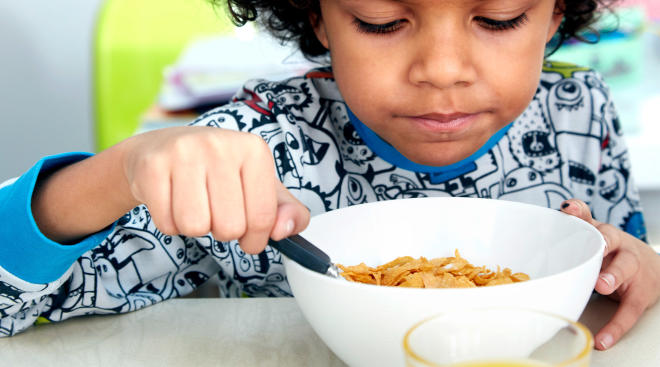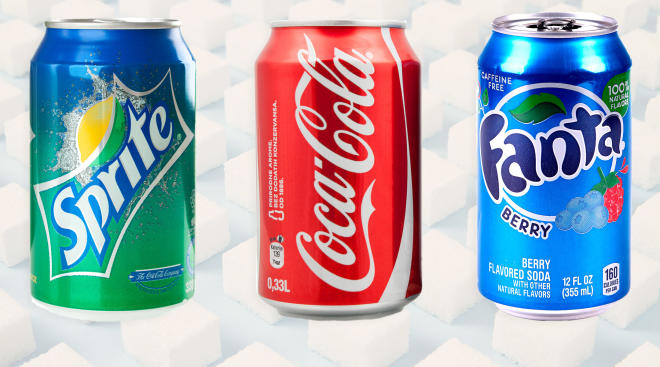Genetics Play a Major Role in Picky Eating, Research Reveals
If you’re frustrated by your child’s constant preference for chicken nuggets and fruit snacks, you’re not alone. But before you blame yourself for their refusal to try anything green or the slow introduction of certain fruits, consider that the issue might be rooted deeper than your methods—it could be in their DNA.
A new study published in The Journal of Child Psychology and Psychiatry found that genetics account for 60 percent of the variation in food fussiness (or the tendency to eat a limited range of foods) at 16 months old, increasing to over 74 percent between the ages of 3 and 13. To explore this connection, researchers analyzed data from more than 2,400 families involved in the UK Office for National Statistics’ Gemini program. They followed pairs of twins from 16 months up to 13 years, gathering data on their eating habits over the course of a decade.
The study revealed that pickiness was more similar in identical twins, who share 100 percent of their genes, than in nonidentical twins, highlighting genetics as a key factor. This genetic link also explains why two siblings raised in the same environment with the same parenting techniques might both be picky eaters but have vastly different food preferences.
“Food fussiness is common among children and can be a major source of anxiety for parents and caregivers, who often blame themselves for this behavior or are blamed by others,” lead author Dr. Zeynep Nas of University College London (UCL) said in a press release. “Our study also shows that fussy eating is not necessarily just a ‘phase’, but may follow a persistent trajectory. We hope our finding that fussy eating is largely innate may help to alleviate parental blame. This behavior is not a result of parenting.”
It might be tough to hear that there’s not much you can do about your little one’s picky eating habits for the majority of childhood, but there is hope. According to the study, during toddlerhood, shared environmental factors like family mealtime routines and the types of food available at home explained 15-26 percent of the variation in pickiness—a difference that persisted until around age 5.
“This suggests that interventions to help children eat a wider range of foods, such as repeatedly exposing children to the same foods regularly and offering a variety of fruits and vegetables, may be most effective in the very early years,” added Senior author Professor Clare Llewellyn (UCL Behavioural Science & Health).
For more strategies on managing your picky eater, check out these tips from pediatric feeding specialists and registered dietitians on encouraging new foods and more.
Navigate forward to interact with the calendar and select a date. Press the question mark key to get the keyboard shortcuts for changing dates.


































